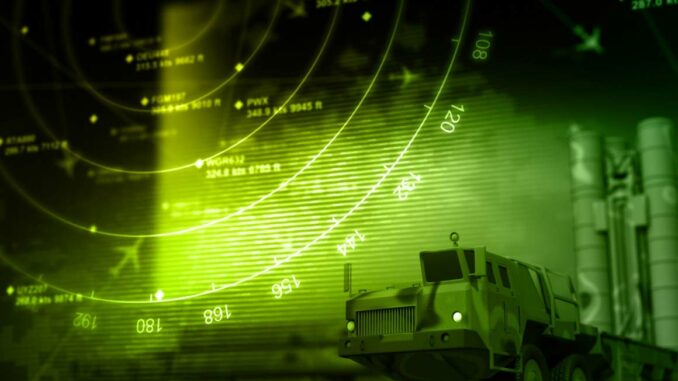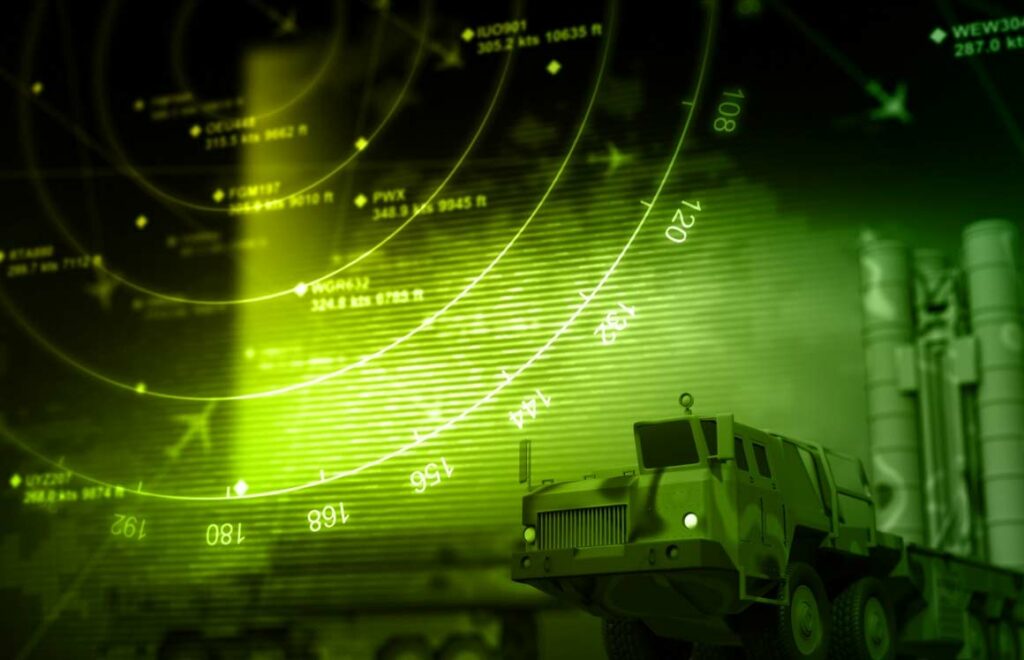
Russia’s invasion of Ukraine is pushing German high-tech defense companies to prioritize speed of delivery over customized features.
The German defense industry adapts to the Ukrainian conflict
In response to the war in Ukraine, Germany’s high-tech defense industry is changing its business practices, abandoning its boutique approach in favor of mass production. Speed of delivery is becoming the key factor, surpassing customer demands for customization. Lothar Belz, spokesman for sensor manufacturer Hensoldt, points to a fundamental change in the company’s production philosophy. Previously, Hensoldt delivered fewer than five large radars per year; this number has now risen to over 15 annually, with a forecast of 20 per year by 2025.
Departments such as remote sensing and electronic warfare have tripled their production since the “Zeitenwende”, the term used by German Chancellor Olaf Scholz to describe the radical change following the Russian invasion of Ukraine. Around half of Hensoldt’s radar production is destined for Kiev this year.
The “Zeitenwende” comes with a financial component, including a €100 billion injection into the German armed forces and a commitment to increase defense spending above 2% of GDP. Companies are feeling the increased time pressure, as Pitt Marx, spokesman for Thales Germany, explains. Contracts are now being signed with shorter production deadlines, forcing companies to mobilize additional capacity and reassign employees to projects that are unusual for them.

Impacts and challenges of the reorientation of the German defense industry
The reorientation of Germany’s high-tech defense industry in response to the war in Ukraine presents several consequences and challenges. On the one hand, this adaptation means a significant increase in production and faster delivery of defense systems, essential in the current context of conflict. Hensoldt, for example, has added a new position and increased its production staff by 15% over the last two years. Rohde & Schwarz has hired almost 2,000 new employees and added a third position. This surge in production is in response to an urgent need for defense systems, particularly radars, in conflict zones.
On the other hand, this development implies logistical and supply chain management challenges. The COVID-19 pandemic has already highlighted the vulnerabilities of global supply chains. Hensoldt has invested in new logistics infrastructures, and Rohde & Schwarz has tight control over its key components, enabling it to maintain deliveries on time even during the health crisis.
In addition, customers need to recalibrate their expectations. Previously, it was common for government buyers to provide detailed specifications, sometimes modified during production. Now, with the emphasis on mass and rapid production, a certain restraint is required on the part of customers to effectively meet operational requirements. This requires a thorough understanding of operational needs on the part of manufacturers, and a certain flexibility on the part of customers.
This development has wider implications for European defense policy and industry. It marks a significant change in the way European high-tech defense companies respond to crises and conflicts. Whereas Europe was once considered a continent at peace, the Russian invasion of Ukraine triggered a paradigm shift, causing governments and industries to rethink their defense and security strategies.
This new orientation of the German defense industry also reveals the need for greater collaboration and coordination within the European Union on defense matters. The ability of German industry to adapt quickly to changing needs in times of crisis demonstrates the importance of a strong and flexible defense industrial base in Europe. In addition, it highlights the importance of innovation and agility in the defense sector, both essential qualities for tackling the security challenges of the 21st century.
The war in Ukraine has catalyzed a major shift in Germany’s high-tech defense industry, placing the emphasis on rapid production and delivery. This strategic pivot has significant implications for European security, and underlines the need for an agile and responsive defense industry.
War Wings Daily is an independant magazine.